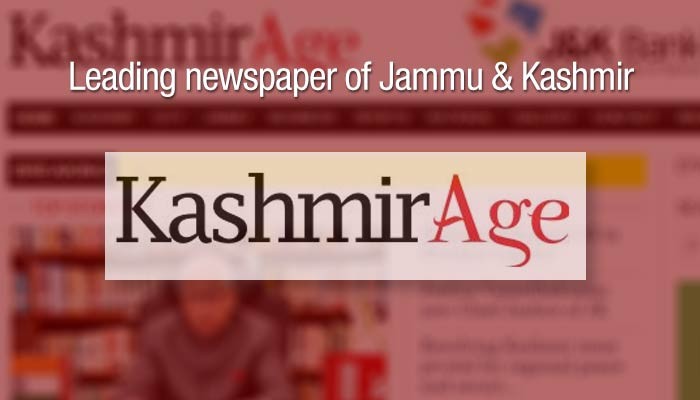Before the Storm
Dr. Ratan Bhattacharjee
The morning news hit like a thunderclap. Megh sat frozen on the edge of her bed, her eyes glued to the television screen. The anchor’s voice trembled with urgency: “The High Court’s Single Bench has declared the recruitment panel of 26,000 teachers null and void due to massive corruption. All appointments are cancelled effective immediately.”
Her breath caught. The room seemed to shrink around her. She fumbled for her phone and dialed Akash. “Did you see the news?” she asked, her voice barely above a whisper.
Akash’s voice came through, hollow and strained. “Yes. It’s true. We’re finished.”
Megh felt the weight of the words settle on her chest. The verdict wasn’t just a legal decision—it was a death sentence for thousands of dreams. Teachers who had spent years preparing, sacrificing, and believing in the sanctity of the system were now branded as collateral damage in a scandal that reeked of betrayal. The details were grotesque. Candidates who had scored zero were mysteriously awarded 53 marks. Bribes flowed through seventeen different channels—cash, jewelry, even promises of land. Genuine candidates were pushed aside like debris in a flood. The entire panel was scrapped.
Outside, the city was already boiling. Teachers had taken to the streets, their placards trembling in the monsoon wind. Police batons cracked against flesh. One teacher was kicked so hard he collapsed, blood pooling beneath his head. The footage played on loop, like a cruel reminder of how quickly dignity could be erased.
Megh couldn’t sit still. She had to go to Esplanade, where the protests were swelling. She packed her bag and rushed to the metro station. The platform was unusually crowded. Tension hung in the air like static before lightning. Megh clutched her phone, her fingers trembling. Akash had sounded strange—detached, almost eerily calm.
“I don’t think I can take this,” he had said earlier. “What’s the point of living when everything you worked for is stolen?”
She had tried to console him, but her own despair made her words brittle. Now, standing among strangers, she felt a sudden chill. The train was delayed. A murmur spread through the crowd. Someone had jumped.
The announcement came over the intercom: “Due to an incident on the tracks, services are temporarily suspended.”
Megh’s heart dropped. She pushed through the crowd, trying to get a glimpse of the tracks. Emergency personnel were already there, their faces grim. A stretcher was being wheeled in. She couldn’t see the victim.
Her phone buzzed. It was a message from Akash: “I’m sorry.”
She dialed him immediately. No answer. Panic surged through her. She ran out of the station and hailed a cab to Akash’s apartment. The driver cursed the traffic, but Megh barely heard him. Her mind was racing.
When she reached his building, she sprinted up the stairs, two at a time. His door was ajar. “Akash!” she called out.
No response. She stepped inside. The room was dark, the curtains drawn. On the table lay a letter, scrawled in shaky handwriting.
“To whoever finds this—
I didn’t deserve this life. I tried to be honest. I tried to teach with integrity. But the system is rotten. It rewards the corrupt and punishes the sincere. I’m tired. I just want peace.”
Megh’s eyes blurred with tears. She rushed to the bedroom. Akash was lying on the bed, eyes closed, a bottle of sleeping pills beside him. She screamed his name and shook him. His eyelids fluttered.
“Megh?” he whispered.
She called an ambulance. The next few hours were a blur of sirens, hospital corridors, and anxious waiting. Akash was stabilized. The doctors said he was lucky—just a few more pills and it would’ve been too late.
Megh sat beside him, holding his hand. “You scared me,” she said softly.
“I didn’t know what else to do,” he replied. “I felt invisible.”
“You’re not,” she said. “You matter. We all do. And we’re going to fight this.”
The storm outside had begun to rage. Rain lashed against the windows. But inside the hospital room, a quiet resolve was forming.
The protests had grown. Teachers from across the state gathered in Kolkata, demanding justice. The media had picked up the story. Investigative reports exposed the web of corruption—politicians, officials, middlemen. The public was outraged.
Megh and Akash stood at the front lines, their voices hoarse from chanting. They had become symbols of resistance—two young teachers who refused to be broken.
One evening, as they sat in a tea stall near College Street, Megh looked at Akash and smiled. “You know,” she said, “before the storm, I thought I was just a teacher. Now I feel like a warrior.”
Akash chuckled. “A tired warrior.”
“But alive,” she said. “And fighting.”
He nodded. “Before the storm, we were quiet. Now we roar.”
Months passed. The case reached the Division Bench. The verdict was revised. Genuine candidates were reinstated. The corrupt were arrested. The system, though bruised, began to heal. Megh returned to her classroom. Akash did too. The children welcomed them with cheers and flowers.
As Megh stood before the blackboard, chalk in hand, she felt a surge of emotion. She had weathered the storm. And now, she would teach not just lessons from textbooks, but lessons of resilience, courage, and truth.
Because sometimes, the storm isn’t the end. It’s the beginning.
About the writer
International Tagore Awardee poet Dr. Ratan Bhattacharjee is a formerly Affiliate Faculty, Virginia Commonwealth University.
Email: profratanbhattacharjee@gmail.com


Comments are closed.